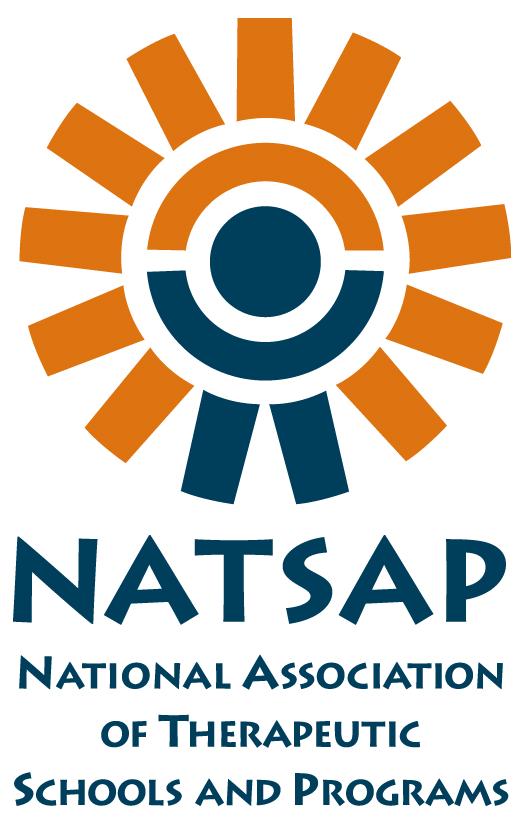Therapy Models
We attribute our success at Triumph Youth Services to consistent programming, compassionate staff and an intensive individual and group therapy model. All aspects of the Triumph Youth Services program have been created to be therapeutic in nature. Triumph Youth Services Clinicians find that an eclectic approach works best. Specifically a combination of Evidence Based Therapy including: Cognitive Behavioral Therapy (CBT), Motivational Interviewing, Client Centered Therapy (CCT), Rational Emotive Behavior Therapy (REBT) and Dialectical Behavior Therapy (DBT).
Cognitive Behavior Therapy (CBT)
Triumph Youth Services utilizes a Cognitive Behavioral Treatment model including Positive Peer Culture as part of its constant therapeutic milieu. Cognitive Behavioral Therapy helps solve problems such as dysfunctional emotions, behaviors and cognitions, through goal oriented approaches. Commonly used techniques include: having students keep a diary of significant events, associated feelings, thoughts and behaviors; questioning and testing cognitions, thinking errors, evaluations and beliefs that might be unhelpful and unrealistic; gradually facing activities which may have been avoided and implementing new ways of behaving and reacting. Relaxation, mindfulness and distraction techniques are also commonly included.
Dialectical Behavior Therapy (DBT)
DBT is provided in conjunction with Individual and Group Psychotherapy for many of the students at Triumph Youth Services. Clinicians that are trained to specialize in DBT incorporate DBT therapeutic principles and practices into their daily therapeutic services. Studies show that DBT is a highly effective type of therapy. It helps students deal with their emotional issues and teaches them to increase skill building in order to solve problems by creating solutions. Lastly it teaches students how to apply these skills to their everyday life. DBT is effective in treating Reactive Attachment Disorder (RAD), Eating Disorders, Substance Abuse and Self-Harming behaviors.
Client Centered Therapy (CCT)
CCT is an approach used by our therapists that creates an environment for the client to explore their feelings without fear of rejection or judgment. It allows the adolescent to focusing on his strengths; examine thinking patterns and how his thinking affects his behavior. CCT helps the client find their own solutions to their problems, is a type of self discovery and fosters improved self image. CCT is used to treat depression, anxiety disorders, low self esteem, sexual abuse and stress.
Motivational Interviewing
Motivational Interviewing in a therapy technique used to address behavior changes by assisting the adolescent in being aware of conflicting thoughts about his behavior. This is accomplished in a safe and non-confrontational setting. Motivational Interviewing was created to threat drug and alcohol abuse.
Rational Emotive Behavior Therapy (REBT)
REBT examines thought patterns and the relationship between thinking, feeling and behavior. The therapist helps the adolescent identify negative self talk, negative beliefs and act against them. REBT is effective in working with adolescents with anxiety related disorders.
Functional Family Therapy (FFT)
EFT is an intervention program for at-risk adolescents and their families. It deals with family dysfunction and focuses on improving family communication, developing positive behavior changes in the family unit, improving parenting skills, building problem solving skills and conflict management. FFT helps identify family attitudes and emotions around problems, gets family members working on the same team by improving communication, understanding the adolescent behavior problems and then working together in a positive way. FFT is effective working with issues such as Conduct Disorder, Drug and Alcohol Abuse and violent behaviors.
Solution Focused Therapy (SFT)
SFT is used in Family Psychotherapy and centers on the future and solutions to problems rather than on what is not working. As its name suggests the focus is on the present and future and is goal oriented. SFT helps family members look at how to make their life better, identify and take steps to achieve solutions.
If ypu feel that any of the above would benefit your Son, Nephew or Grandson please contact us HERE.








